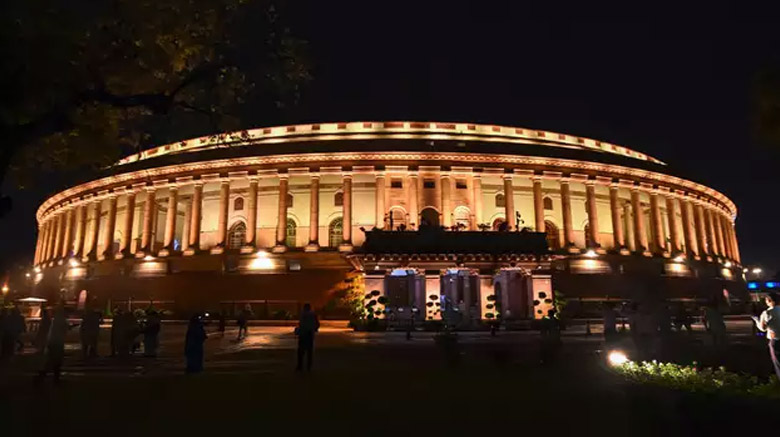Course info

Policymaking in India is often characterized as myopic, reactionary, and heavily influenced by politics. This course provides studies with theoretical frameworks with which to gain an understanding of how policies are formulated. The course will be taught in three modules. The first module will contextualize India’s centralized policymaking approach against its social scientific origins, explicate the evolution of policy discourses unique to the Indian sub-continent, and highlight critical interdependencies between problem identification and construction and problem (re)solution. The second module will guide students through existing theories and approaches of public policymaking to understand how policies are made and their practical applicability to the Indian context.
In the third module, students will participate in policy simulation exercises. The exercises are intended to afford clarity on the study, analysis, and formulation of public policies and to enable students to draw context-specific insights on the practicalities of policymaking. The teaching methodology adopted in the course is designed to invoke sharp, and hopefully, incisive reactions to how policies are made in India through guided class discussions that will follow a weekly formal lecture. Students will have a chance to learn through instructors’ discussion of the weekly reading material and the diversity of their peers’ reading interpretations. As such, the course integrates formal lectures and guided group discussions in addition to weekly reading interpretations, assigned student presentations, an end-term paper, and one mid-term examination.
In the third module, students will participate in policy simulation exercises. The exercises are intended to afford clarity on the study, analysis, and formulation of public policies and to enable students to draw context-specific insights on the practicalities of policymaking. The teaching methodology adopted in the course is designed to invoke sharp, and hopefully, incisive reactions to how policies are made in India through guided class discussions that will follow a weekly formal lecture. Students will have a chance to learn through instructors’ discussion of the weekly reading material and the diversity of their peers’ reading interpretations. As such, the course integrates formal lectures and guided group discussions in addition to weekly reading interpretations, assigned student presentations, an end-term paper, and one mid-term examination.
- Teacher: Ali Mohammed Adil 600148
- Teacher: Piuli Basu 600456
- Teacher: Neha Rathore 600766
Credits: 3
Type: TP
Term: 2021-23_Term1